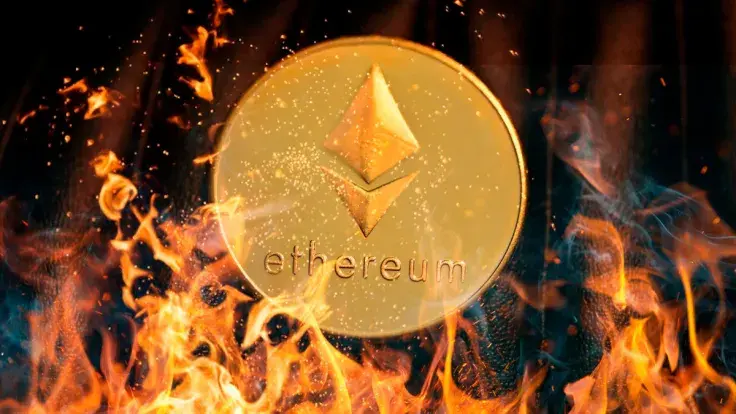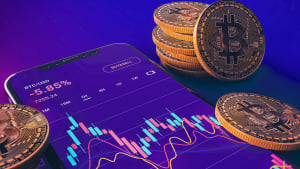
Disclaimer: The opinions expressed by our writers are their own and do not represent the views of U.Today. The financial and market information provided on U.Today is intended for informational purposes only. U.Today is not liable for any financial losses incurred while trading cryptocurrencies. Conduct your own research by contacting financial experts before making any investment decisions. We believe that all content is accurate as of the date of publication, but certain offers mentioned may no longer be available.
Since the implementation of EIP-1559, billions worth of ETH have been removed from the market, helping the asset on its way up as an enormous selling volume could no longer reach the market.
The amount of burned ETH coins exceeded 2.6 million, which is about $3.7 billion at the current price. If we measure the burned amount by the ATH, the value would be even higher, sitting at around $12 billion.
More importantly, the annual inflation rate of Ethereum tumbled by more than 50% pushing Ether closer to becoming a deflationary asset, meaning that the issuance of the coin will drop below the burn rate.
With the Merge update, the total issuance of Ethereum will decrease by 90%, pushing the network's inflation to an extremely low level. With reducing issuance and the growth of adoption, demand for Ethereum will drive the price of the asset up more effectively.
Obviously, the reducing supply cannot and will not be the only fuel for the price of the asset. Decentralized applications and solutions are the main sources of the increasing value of Ethereum, which means deflation without use cases will not change ETH's value.
As we see now, the outflow of funds from the cryptocurrency market and blockchain industry in general caused an almost 80% price correction for Ether. The massive correction correlated with outflows from the DeFi and NFT industries — the main sources of the Ethereum network's revenue.
Extremely low network fees are proof of the lack of network usage. The situation is expected to change with the gradual recovery of the digital assets market that will not happen until monetary policies around the world ease up.

 Vladislav Sopov
Vladislav Sopov Dan Burgin
Dan Burgin